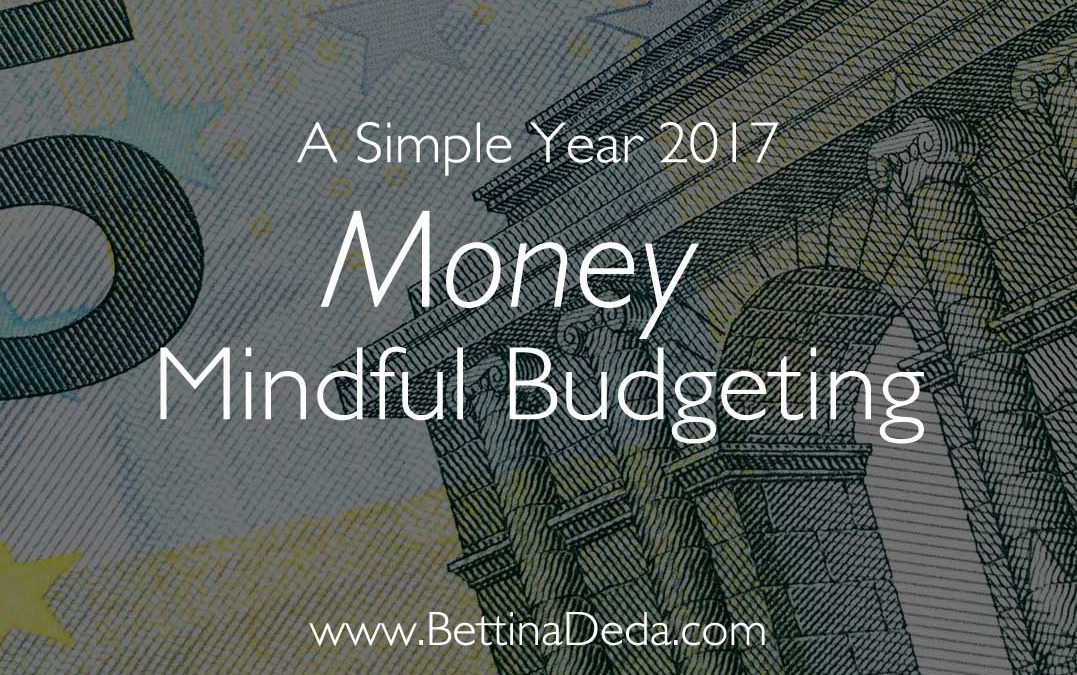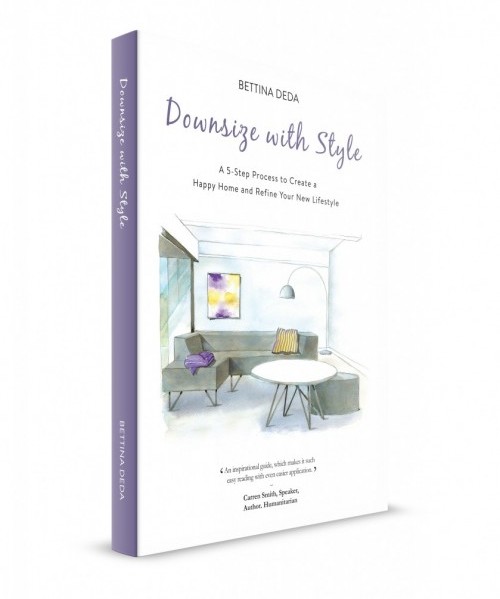Here comes another post in my Simple Year series. This month is all about money and mindfulness. I previously wrote about my experiences with Digital Decluttering, Simple Cooking, Travelling with Less, and my Start of the Simple Year 2017.
I have wanted to write this post for about two weeks. I didn’t do it. I feel stuck, and there are too many private things that are currently occupying my mind. I am going through a challenging phase in my life but am determined not to let uncertainty turn into fear. Fear about not having enough money to support my sons and myself and sustain my desired lifestyle in the future.
Living for a prolonged period of time with negative emotions is bad for your health and wellbeing. You will get sick if you don’t listen to your body. Writing is one of my ways to let go of unwanted emotions. It seriously helps get the words down on paper (I write a journal every day) or type up your thoughts. It’s a carthartic exercise, especially if you are dealing with challenging stuff that is not for everybody’s ears.
I had already started working on my personal budget and listing every expense I know off into an excel sheet after I had been read Dr Christiane Northrup’s bestseller The Wisdom of Menopause in April this year. I recorded many quotes and passages from this book, one that struck a cord with me was:
Whatever the changes that precipitate a woman’s empty-nest experience, the only path that will allow the full expression of her creative potential in the second half of her life is the path that establishes her full independence: both emotionally and financially.
I am now focusing on both these areas and therefore welcomed the Money topic in the Simple Year programme. There was quite a bit material to read through, and I loved the practical approach (being German I like efficiency) with checklists and worksheets.
Learn how to budget mindfully
- 5 x weekly spending sheets
- 1 x monthly budget template
- 1 x monthly check-in sheet
- 1 x blank monthly calendar template
How much do you spend in one day?
Align your budget
Additionally, there is a worksheet called Align Your Budget, which you can fill out every three months. The aim is to adjust your budget in a way that it helps you achieve your goals. Step one focusses on your top priorities at the time you fill out the sheet. This is not about financial goals but more about anything that you want to do, achieve, places you would like to visit, etc. The author suggests to set the timer on two minutes and write down what comes to your mind in this limited timeframe.








